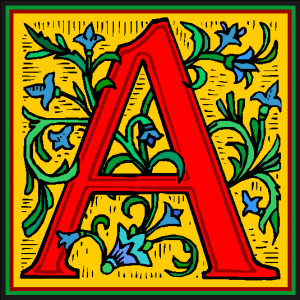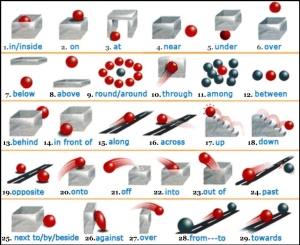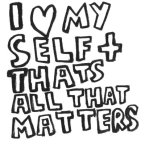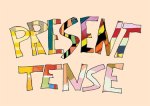 Learning when and how to use articles can be confusing for ESL students, particularly when it comes to those dreaded “H” and “U” words…an hour, a horse, a house, an umbrella, a unicorn, etc.
Learning when and how to use articles can be confusing for ESL students, particularly when it comes to those dreaded “H” and “U” words…an hour, a horse, a house, an umbrella, a unicorn, etc.
Sometimes we use a, sometimes we use an, but other times we use nothing at all…oy vey!
To practice those tricky little articles, take this QUIZ to help you perfect these small, yet important grammatical rules.


 If you want to practice your English pronunciation skills, you need to listen to words and sounds closely so that you can understand those little differences between similarly sounding words. You can do this by listening to the radio, speaking with native speakers, or listening to pronunciation tapes.
If you want to practice your English pronunciation skills, you need to listen to words and sounds closely so that you can understand those little differences between similarly sounding words. You can do this by listening to the radio, speaking with native speakers, or listening to pronunciation tapes. The simple present tense form of a verb is used to express habits; repeated actions; general facts; and scheduled events that will happen soon. A simple present verb will either not change (I sing); will have an “s” added (she plays); or have an “es” added (he catches). This all depends on the subject form and what letters the verb ends with.
The simple present tense form of a verb is used to express habits; repeated actions; general facts; and scheduled events that will happen soon. A simple present verb will either not change (I sing); will have an “s” added (she plays); or have an “es” added (he catches). This all depends on the subject form and what letters the verb ends with.